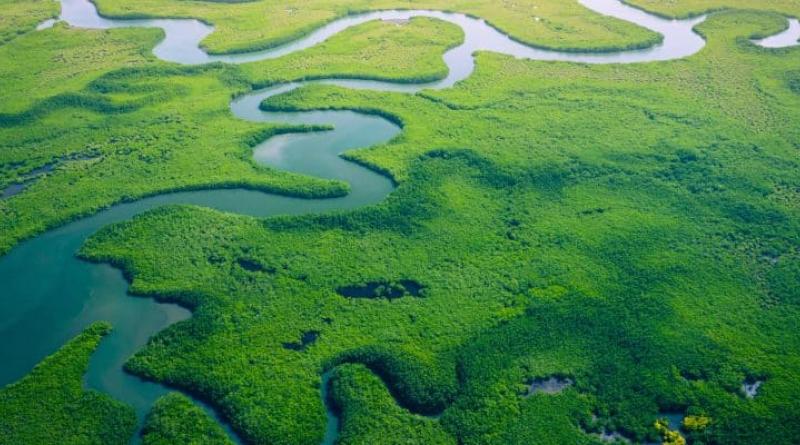AFRICA: debt-nature agreements announced for first Climate Summit

Hosted by Kenya, the first African Climate Action Summit will be held from September 4 to 6, 2023 in the capital Nairobi. In addition to the harmonization of solutions and expectations to better face the problems linked to climate change on the continent, the organizers of the summit announce the signing of several nature-based agreements. Also called debt-nature, these agreements allow developing countries to benefit from a reduction in their external debts in return for investments in favor of biodiversity.
The African continent holds its first climate action summit . More than 20 African heads of state and government and nearly 20,000 delegates from around the world, including Antonio Guterres, Secretary-General of the United Nations (UN), have confirmed their participation in the summit from September 4 to 6 in Nairobi, the capital of Kenya.
According to the organizers, agreements worth several hundred million dollars are expected to be concluded during this summit, including a new model of climate finance which is gradually taking shape in Africa. This is financing based on the debt-nature mechanism . “ We anticipate deals ranging from $1 million to hundreds of millions of dollars. These agreements would involve private and public financing for nature-based investments, clean energy production and climate adaptation efforts ,” says Joseph Ng’ang’a, the head of the African Climate Summit secretariat. .
Read also- AFRICA: an AfDB report assesses the feasibility of debt-nature/climate exchanges
The debt-for-nature mechanism has been expanding for some time in Africa. Portugal announced in June 2023 that it would swap $153 million of Cape Verde's debt for investments in nature. While in early August 2023, Gabon concluded its own agreement , worth $450 million with the Bank of America (BofA), for the protection of part of its marine ecosystem. This is the second operation of its kind on the continent after the Seychelles.
Debt-for-nature swap is often presented as a technique for debt relief for developing countries. It involves extending payment terms, reducing interest rates, granting new credits at lower rates than conventionally up to the cancellation of debts. This technique, invented by the American biologist Thomas Lovejoy, considered the godfather of biodiversity, ultimately consists of exchanging part of the external debt for local investments aimed at protecting the environment.






